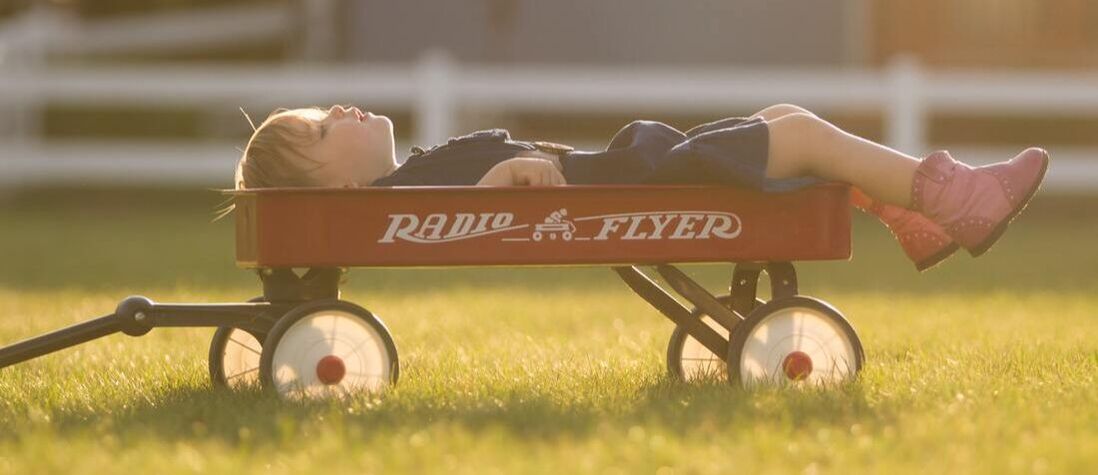|
WHO WE ARE
|
GET INVOLVED
|
PROGRAMS
|
RESOURCES
|
QUICK LINKS
|
FOLLOW US ON SOCIAL MEDIA
Project 1.27 • 14000 E. Jewell Ave. • Aurora, CO 80012
Copyright Project 1.27 • All Rights Reserved
Copyright Project 1.27 • All Rights Reserved



